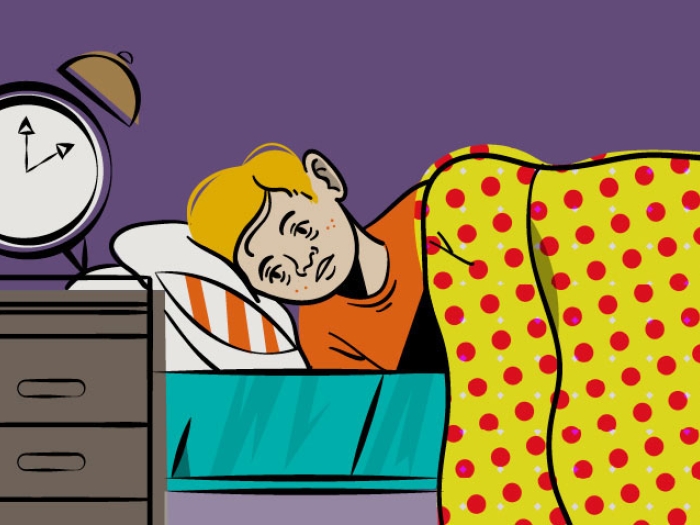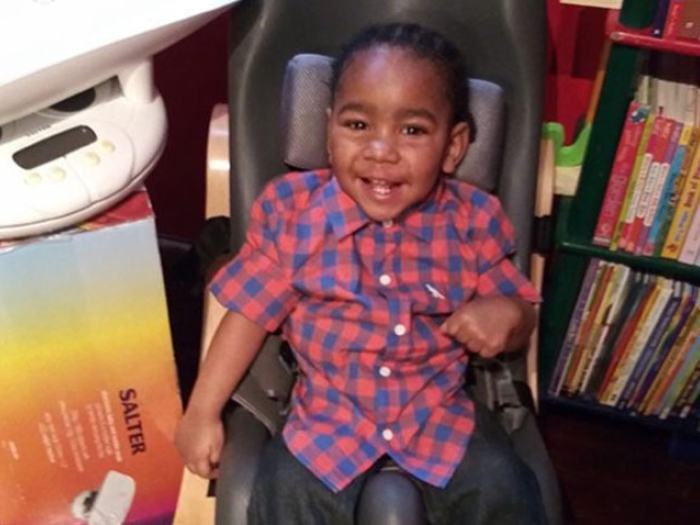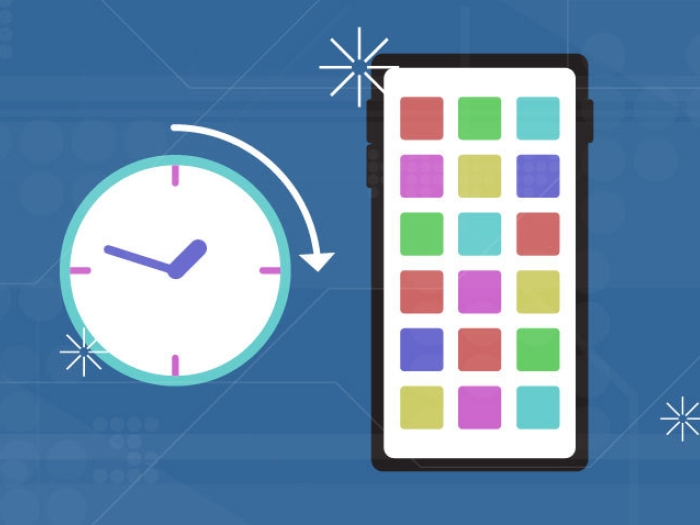Study doesn’t find relationship between the “timeout” as a disciplinary method and increased behavior problems.
3:46 PM
Author |

It's an age-old debate: are timeouts bad for kids?
Now, a new study suggests that despite sometimes getting a bad rap in the news, the common disciplinary strategy isn't linked to harmful effects in children.
Researchers compared emotional and behavioral health between kids whose parents reported using timeouts and those who didn't over a roughly eight-year period.
The result: no difference.
"Some reports in the media and by select organizations have suggested that timeout is ineffective and even harmful," says lead author Rachel Knight, Ph.D., pediatric psychologist at University of Michigan C.S. Mott Children's Hospital.
"There are some alarming claims that timeouts can damage the parent-child relationship and negatively affect emotional health. But the research simply doesn't support those claims. We did not find a relationship between timeouts and negative side effects in children."
There's a wealth of research on how effective timeouts can be in reducing problematic behavior when they are used appropriately. It's a parenting strategy that's often misunderstood and misused.Rachel Knight, Ph.D.
Researchers analyzed national data from the Early Head Start Research and Evaluation Project (EHSRE), a study tracking families at three different time points. Children's positivity and negativity towards parents, mental health and social skills were among measures evaluated at 36 months-old, before starting kindergarten and in fifth grade.
There was no association between reported use of timeouts and negative symptoms in later childhood, including anxiety, depression, internalizing or externalizing problems, aggression, rule-breaking behavior, or self-control, according to the findings in the Journal of Developmental and Behavioral Pediatrics.
There also weren't any differences in the measure of creativity when the children were about to enter kindergarten.
Misunderstood method
Knight says that she and fellow children's health experts were concerned by the amount of inaccurate information widely available about timeouts.
"Parents are constantly questioning whether they are doing the right thing for their children," she says.
"Unfortunately the first place many parents go for advice is the internet, social media or friends – not a medical provider. There is a lot of conflicting information on the web that isn't vetted or accurate."
A previous Mott-led study found that close to 30% of websites portrayed timeout negatively. Some have criticized the disciplinary strategy as having the opposite desired effect, possibly leading to escalating behavioral problems. A high-profile 2014 Time Magazine article "Are Timeouts Hurting Your Children?" also re-ignited the debate.
Parents may not be aware that timeout is one of the only child discipline strategies currently recommended by the American Academy of Pediatrics, Knight says. Timeout has been shown to be effective in addressing behavior challenges across several ages, including infants, toddlers and preschoolers, school-age children and adolescents.
"There's a wealth of research on how effective timeouts can be in reducing problematic behavior when they are used appropriately," she says. "It's a parenting strategy that's often misunderstood and misused."
Consistency, structure, a calm demeanor and a positive environment are keys to effectively using timeouts, Knight says. The process should be pre-planned and understood by both parents and children rather than being introduced in the heat of the moment to avoid yelling or scolding.
"Catching" a child exhibiting good behavior is also just as important as enforcing consequences when they break the rules, she notes.
Further studies are needed, Knight says, to continue evaluating specific claims made against timeouts and both their short-term and long-term effects across different populations and ages.
Experts also need to find more effective ways to communicate evidence-based information to parents and caregivers.
"As we further our understanding about how different parenting strategies impact children, we need to present findings in an easily digestible and accessible way for the public," she says.
"Our goal is to debunk misconceptions and promote the use of highly effective, evidence-based strategies that will best guide parents and families."

Explore a variety of healthcare news & stories by visiting the Health Lab home page for more articles.

Department of Communication at Michigan Medicine
Want top health & research news weekly? Sign up for Health Lab’s newsletters today!





